Cultural Trends Shaping the Gulf in 2013
Author ········· +Aziz
Published ······ Online, Jan 2013
Section ······· Culture
Published ······ Online, Jan 2013
Section ······· Culture
In defining the major cultural shifts happening across the Gulf region and Khaleeji (person from the Gulf region) culture, I developed 13 ideas spanning various categories. I chose to cover a handful of them during Nuqat, a design conference that was held in Kuwait in October 2012. Throughout my three day workshop (and a 45 minute lecture), I explained and applied trend spotting to dimensionalise the future of Khaleeji culture. Attendees at my presentation responded well; their questions enabled me to expand into a handful of areas I had not covered in the presentation itself.
After the talk, the workshop allowed me to push the limits of my teaching skills and the workshop participants’ commitment to articulating new trends. It was acceptable for people to walk in and out, and talk on their phones during moments when I was explaining something. I realised quickly that the participants were more interested in the knowledge and less in doing a presentation. In the end, I worked with nine participants (three of which delivered a presentation on the final day) and we developed the following trends:
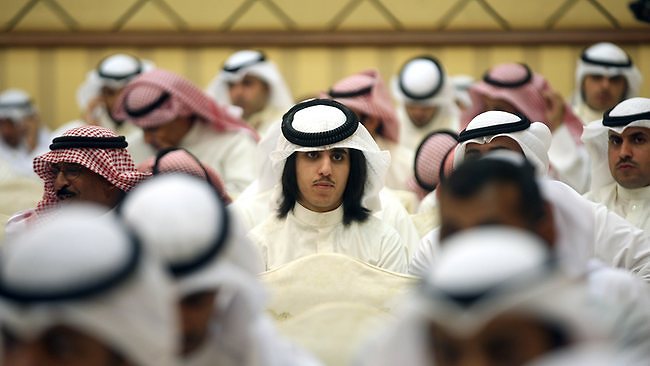
1. Gender Mashup: The idea that “men are getting softer, women are getting harder” is leading to a temporary glitch in sexuality and attraction. There’s a general sense of emotional unavailability and ultra-entitlement. It is not surprising when marriage proposals don’t pan out or when divorce happens. Atop of this, both genders have more time to make life decisions; additionally their role models are diversified, meaning their interests and lifestyle vary even more and that the standards for marriage are being reconstructed on a family-by-family basis. The good news is that standing out is becoming more acceptable and respected.
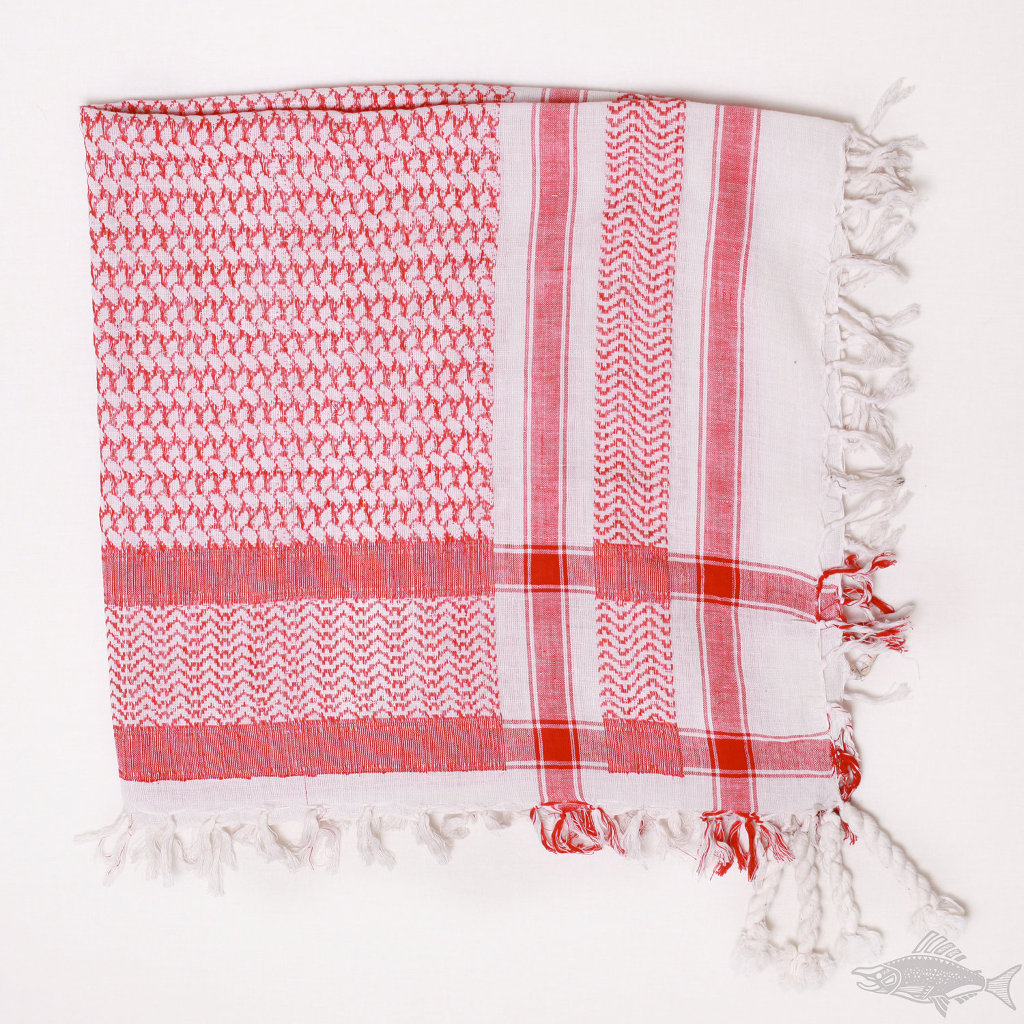
2. Clean Vintage: In order to distinguish “vintage” from “used” clothing, khaleejis filter through the lens of cleanliness and hygiene. Khaleejis are more comfortable with vintage jewellery, accessories, and objects. They are more scrutinising of dresses and general wear unless it’s from their own family. Wearing someone else's stuff can be seen as creepy and/or unhygienic but this trend is being driven by powerful forces such as the desire for nostalgia, maturity of the concept of and the rejection of fast culture (fast food and fast fashion in particular).
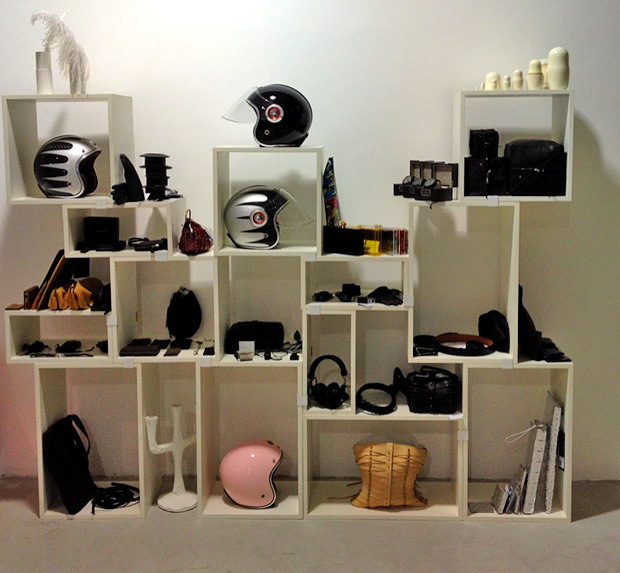
3. Shishipupu Consumerism: The meaning of luxury is shifting from being about the price tag to embrace qualities like irreplaceability, uniqueness, limited edition, sourcing location, and quality. The word “shishipupu” refers to the khaleeji bourgeoisie, wherein the lines between the upper class and middle class are substantially blurry. The question here is whether this new definition of luxury will help bolster the concept of shopping ethically in the region, particularly as environmental and poverty alleviation go mainstream.

4. Uncollectable Art: In reaction to the commercialisation of art through private collectors and emerging ‘art capitals’ (e.g. Doha, Dubai) artists are turning to performance and conceptual art to resist being “collected” or “collectable.” While such artists can be driven by many motivations, they seem to be reacting to their own commodification as ‘Arab artists’ by doing work that is time-oriented
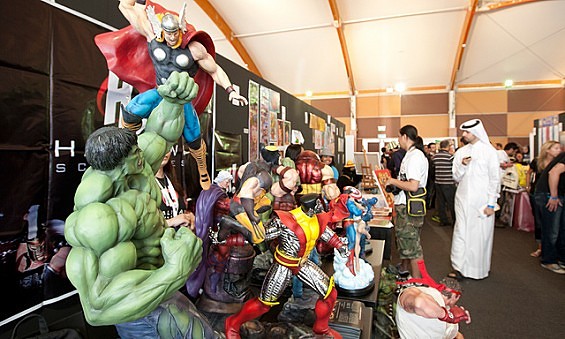
5. Fandom Kingdom: The Gulf’s population has a significant history with Japanese and American geek culture (e.g. cartoons, comics, and video games). The arrival of geek fests, the slow emergence of local comic artists and gaming developers has begun to nurture a healthy geek culture set to explode. Over the next five years, geeks will only get geekier.
6. Nu Tourism: Young Khaleejis are travelling for new reasons. While many khaleejis travel to shop and let lose in European and American cities, there is an increasing number of youth engaged in a more productive form of travel. This new generation of travellers might seek to enrich themselves through workshops, conferences, and/or biennales. They might travel to volunteer in humanitarian efforts or even to explore unchartered parts of the world.

7. Cinematrepreneurship: There is a wide network of support for regional filmmakers to experiment and mature their talent. While this has not crossed over significantly into other fields like music and advertising, the foundational importance of YouTube trendsetters and do-it-yourself (DIY) filmmakers is becoming clearer as festivals continue to grow and organisations such as Twofour54 and Aflamnah.com flourish. Despite having superb technical expertise and financial resources, Lebanese and Iranian films continue to dominate khaleeji films in the global film market.

8. Hip Hop > Rock: Why has the growth of hip-hop culture outpaced the influence of rock music? It’s difficult to discern exactly why this has continued to grow since the late 90s, but note how certain components at the heart of khaleeji culture lend themselves to the development of a fertile hip-hop. This might include the presence of a deep oral culture, one that stresses improvisation, humour, and open discussion. Hip-hop also includes a wider methods of self-expression like break dancing, street art, R&B, etc. Despite having an appreciation for guitar and the punk spirit, the confrontational nature of rock’s aesthetics is a big turn off for most unless it is presented through the lens of pop.
9. Office as Home: A new generation of professionals are insisting that office space becomes homier. This means we are seeing more spaces in residential neighbourhoods being converted to offices, and proper business offices allocating space for day care and facilities supporting a personal lifestyle. Private sector employees will increasingly demand to go to work on their own terms as employers seek to enhance mobility and flexible hours for their employees.
10. Sidepreneurship: The work ethic of young professionals and mature students is showing signs of development. Increasingly, khaleejis are managing passion projects alongside their productivity in schools and in public sector jobs. While there are new developments in the khaleeji work ethic, the private sector’s growth is negligible compared to the public sector. This means that khaleeji entrepreneurship will lag behind other countries in the Arab region such as Egypt, Jordan, and Lebanon, where entrepreneurship and innovation has a stronger sense of urgency. If this continues, business owners may decide to avoid "textbook" approaches and develop their own approaches. These entrepreneurs may also be better set-up to operate ethically.
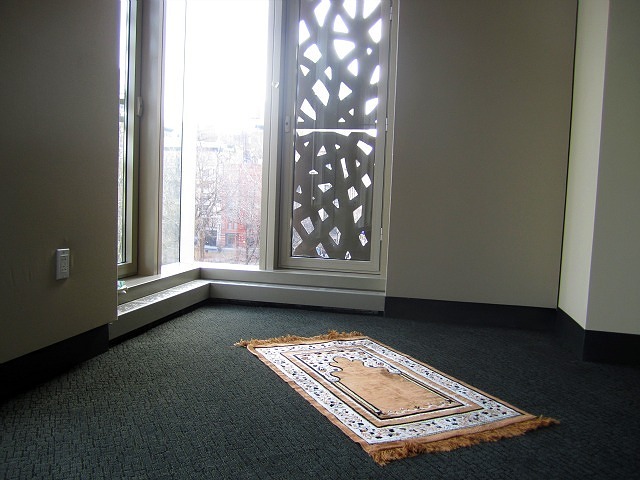
11. Ramadan Boost: the holy month is less about stillness/calmness but is now shifting to align with self-improvement. Yoga, personal resolutions, and forms of dieting are picking up, but obesity remains at an all-time high.
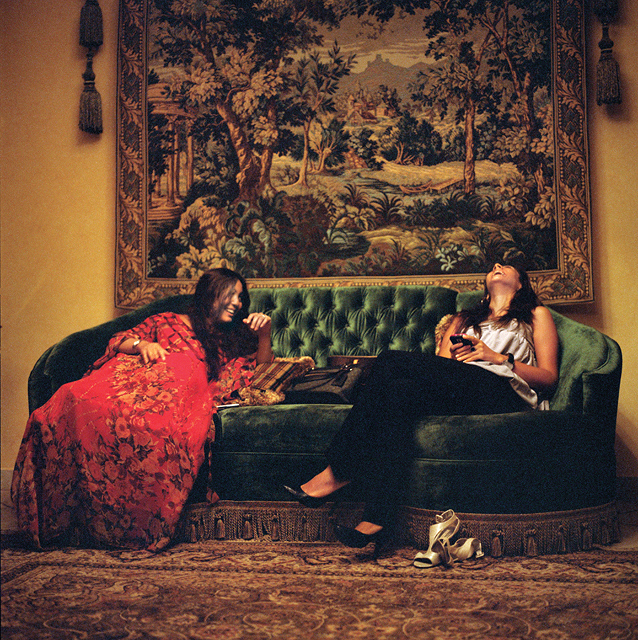
12. Motherly Activism: Women are creating new issues that were blind spots for traditional feminism (e.g. politics of breastfeeding, driving). As new venues of micropublishing and public speaking emerge, we will see that the presence of these alternative online and offline destinations will begin to impact newspapers and TV programming in an increasingly direct way.

13. The Slow Movement: The slow movement has impacted lifestyles on a global level, particularly the realms of food, online content consumption, travel, and technology management. The slow movement is not only a reaction to “fast culture” but also a return to authenticity and slowing down the bombardment from mobile technologies.
One of the most important questions came from Nuqat’s founder Hussa Al-Humaidhi. She asked me to go into the process I used to develop these trends. My response was that you start with intuition and then validate it with pseudo-science. As far as qualitative research goes, trend spotting is precarious by nature. Given the fragmentary nature of how trend spotters ‘explain culture,’ we are prone to saying things that may be false or misleading. On the upside, we introduce refreshing thoughts that break away from the rigid thinking of established researchers.
+Aziz is a songwriter and trend analyst. He works full-time at brand strategy firm FATHOM+HATCH, writes for Khaleejesque Magazine and PSFK, a trends and innovations blog. Follow his musical endeavors on plusaziz.tumblr.com.
